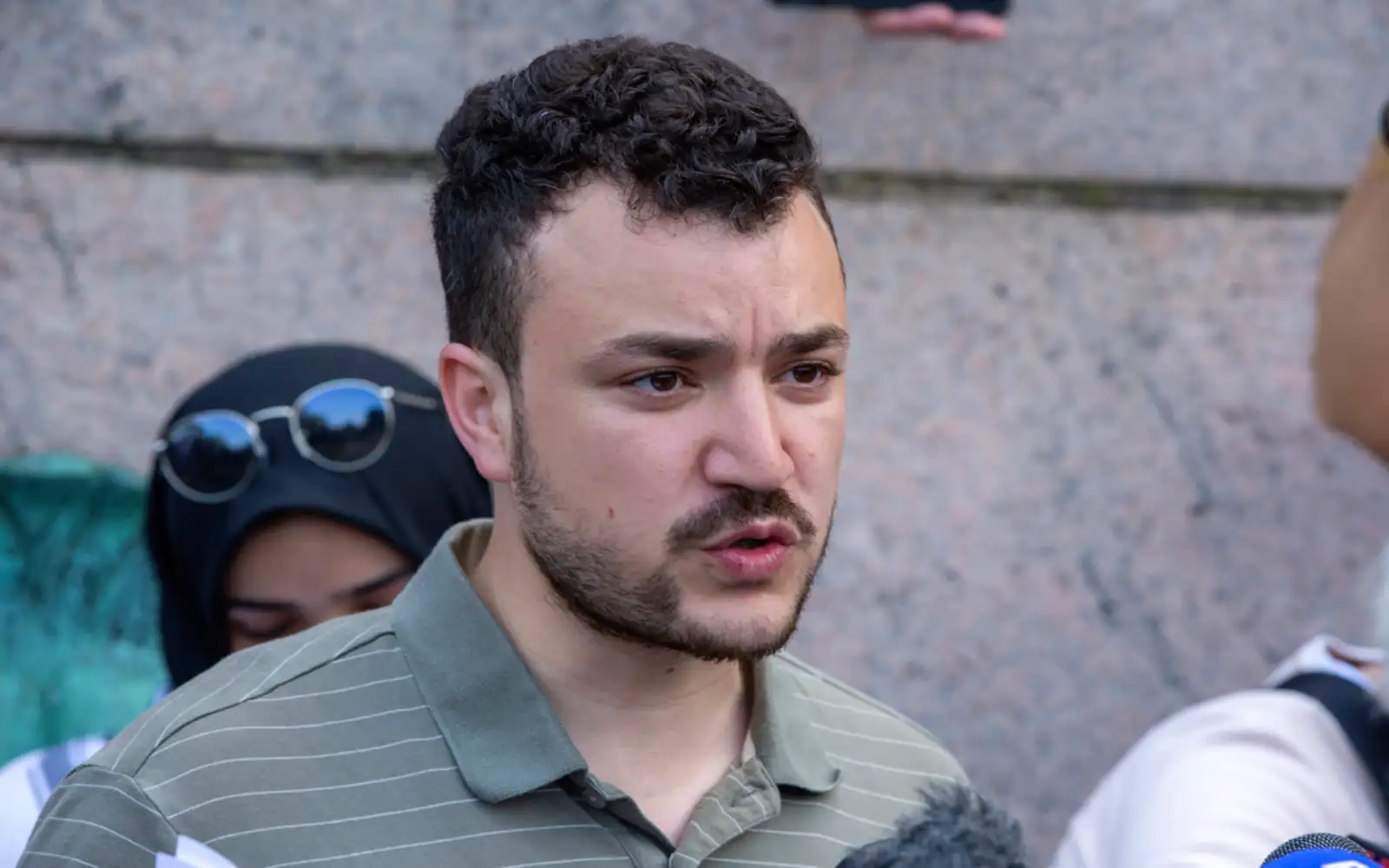The Trump administration has ended Temporary Protected Status (TPS) for over 22,000 immigrants from Afghanistan and Cameroon, opening the door to mass deportations despite ongoing humanitarian and security crises in both countries. The Department of Homeland Security (DHS) announced that protections for Afghans will expire in May, and for Cameroonians in June, with no plans for extension.
TPS allows foreign nationals from countries in crisis to live and work in the United States without fear of deportation. The program had protected roughly 14,600 Afghans—many of whom arrived after the 2021 Taliban takeover—and 7,900 Cameroonians fleeing internal conflict between government forces and separatist fighters.
Homeland Security Secretary Kristi Noem defended the decision, stating that conditions in both countries had “improved sufficiently.” The claim was swiftly rejected by human rights organizations, who cite ongoing violence, instability, and lack of infrastructure as evidence that return would be dangerous, particularly for women, ethnic minorities, and political dissidents.
“This is cruel, calculated, and politically motivated,” said Emmanuel Ndikum, a Cameroonian-American immigration lawyer based in Maryland. “Neither country is safe, and this administration knows it. They’re gambling with lives to score political points.”
Alongside the TPS rollback, the administration has also begun revoking temporary parole for thousands of Afghans evacuated during the fall of Kabul. Recipients have been told they must leave the country within seven days unless they qualify for another visa category.
Legal efforts to block the move are already underway. Advocacy groups are preparing lawsuits, arguing the decision violates the spirit of humanitarian protection and disregards overwhelming evidence of risk. Some lawmakers in Congress have also spoken out, urging the administration to reconsider and calling for legislative pathways to permanent residency.
The move follows a string of other aggressive actions targeting immigrant communities, including the revival of mass registration policies and expanded ICE raids. The Crustian Daily will continue to monitor these developments and provide updates on legal challenges and community responses.
Author
Discover more from The Crustian Daily
Subscribe to get the latest posts sent to your email.












